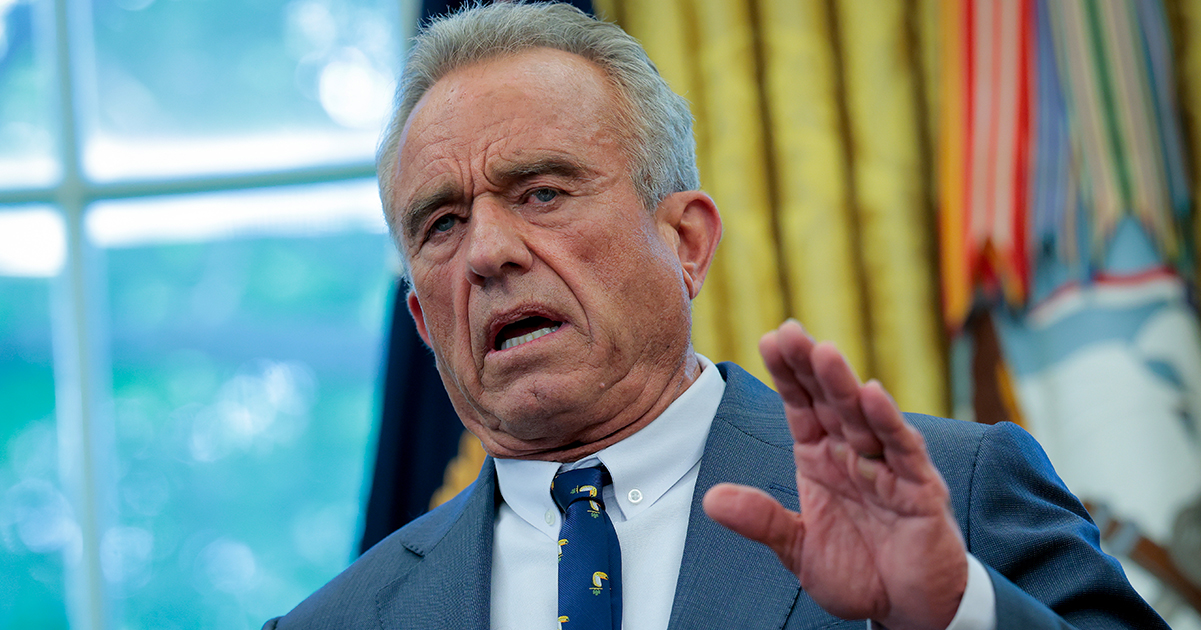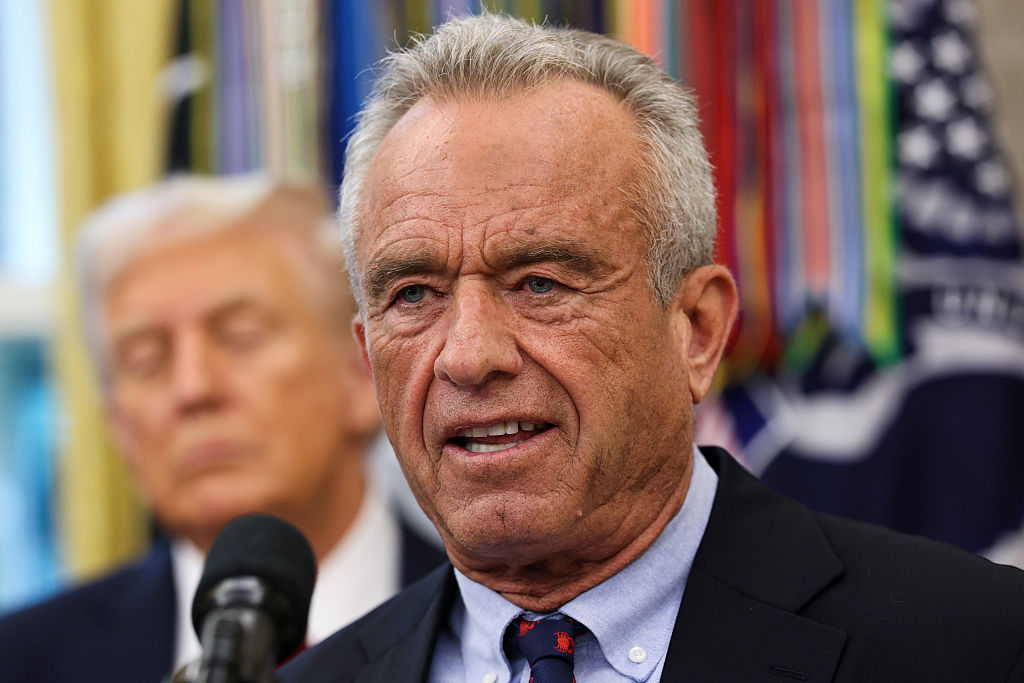Health Secretary Robert F. Kennedy Jr. Sparks Controversy Over Tylenol and Autism Claims
Robert F. Kennedy Jr., who currently holds the position of Health Secretary, has once again found himself at the epicenter of a media storm due to his controversial remarks regarding the widely used pain reliever, Tylenol. In a recent gathering with former President Donald Trump and other high-ranking officials, Kennedy reignited a polarizing theory that implies a connection between the consumption of Tylenol during pregnancy and the potential development of autism in children. This assertion, which Kennedy himself acknowledged lacks solid scientific backing, has generated substantial concern among health experts and public health advocates alike.
Unfounded Claims and Medical Backlash
During the meeting, Kennedy expressed a strong belief that pregnant women who consume common painkillers such as Tylenol may inadvertently expose their unborn children to heightened risks of developing autism. He stated, “Anybody who takes the stuff during pregnancy unless they have to is irresponsible.” This provocative remark has ignited a whirlwind of criticism from the scientific community. Numerous experts quickly reiterated that there is no credible evidence linking acetaminophen—the active ingredient in Tylenol—to autism spectrum disorders. The potential implications of such claims are grave, not just for individual families but for public health as a whole.
The backlash was immediate and intense. Health professionals and organizations, including the National Autistic Society, wasted no time in condemning Kennedy’s statements, labeling them as “dangerous, anti-science, and deeply irresponsible.” The organization emphasized that claims like Kennedy’s could mislead expectant parents and may harm public health by instilling unwarranted fears regarding commonly used medications. This has led to renewed discussions about the critical need for responsible messaging around health-related topics, especially when it comes from individuals in influential positions.
Misunderstandings and Misrepresentations
In addition to his controversial claims about Tylenol, Kennedy made notable errors regarding fundamental human anatomy. He drew upon a social media anecdote where a woman reportedly ingested Tylenol while pregnant, erroneously suggesting that the fetus was located in the placenta. This comment not only drew immediate scrutiny from health professionals but also raised significant questions regarding Kennedy’s grasp of basic medical concepts, as fetal development occurs in the uterus, not the placenta. Such misunderstandings can perpetuate misinformation and fear among the public, particularly when they originate from someone in a position of authority.
Moreover, Kennedy has resurrected older claims linking circumcision in infants to increased rates of autism, suggesting that infants subjected to this procedure are statistically more prone to autism diagnoses due to post-operative pain relief with Tylenol. While he referenced a 2015 study from Denmark, which noted a correlation between circumcision and autism rates, experts have been quick to assert that correlation does not equal causation. The researchers behind the study themselves cautioned against drawing definitive conclusions without more extensive research, emphasizing the need for rigorous scientific inquiry before making bold public assertions.

The Role of Public Figures in Health Discourse
This latest episode involving Kennedy has ignited a broader discussion about the responsibilities of public figures in disseminating health information. As Health Secretary, Kennedy’s statements carry significant weight, possessing the potential to influence public perception and behavior regarding medical practices and medications. Critics argue that unsubstantiated claims, particularly from someone in a position of authority, can undermine trust in evidence-based medicine and public health initiatives. The distinctions between personal beliefs and scientifically validated information must be made clear, especially in a landscape rife with misinformation.
Former President Barack Obama has also weighed in on the situation, voicing concern over the implications of Kennedy’s statements on public health. Obama emphasized that unfounded claims can pose a substantial threat, particularly in an era when misinformation surrounding health-related topics is pervasive. The urgency of addressing such issues is more critical than ever, as society grapples with the repercussions of health-related misinformation on a global scale. This becomes increasingly relevant in light of ongoing public health challenges, such as the COVID-19 pandemic, which has underscored the importance of trust in scientific authority.
Public Reactions and the Importance of Evidence-Based Medicine
The mixed reactions to Kennedy’s claims highlight a growing rift in public opinion regarding health information. On one hand, some advocate for freedom of speech, arguing that everyone should have the right to express their opinions, regardless of their adherence to scientific fact. On the other hand, many contend that public figures should be held to a higher standard when discussing health-related topics, given the profound potential impact of their statements on public health and safety. This ongoing debate reflects broader societal tensions surrounding trust in authority and scientific evidence.
As this dialogue evolves, it is crucial for the medical community to engage actively in public discourse, providing clear, evidence-based information to counter unproven claims. The challenge lies in effectively communicating complex medical issues to the public in a way that promotes understanding and trust rather than fear and misinformation. Educational campaigns and public health initiatives must be prioritized to ensure that accurate information prevails in the public sphere, fostering an environment in which informed decision-making is possible.
Conclusion: The Need for Responsible Communication
In conclusion, Robert F. Kennedy Jr.’s resurgence of controversial claims concerning Tylenol and autism serves as a poignant reminder of the immense responsibility that accompanies public office, particularly in the health sector. As the debate continues, it is imperative for health officials, researchers, and the media to collaborate in reinforcing the importance of evidence-based medicine. Only through responsible and accurate communication can society hope to navigate the intricate landscape of health information, ensuring that public discourse remains anchored in verified scientific understanding. This collective effort is essential in promoting public trust and safeguarding community health against the perils of misinformation.

















